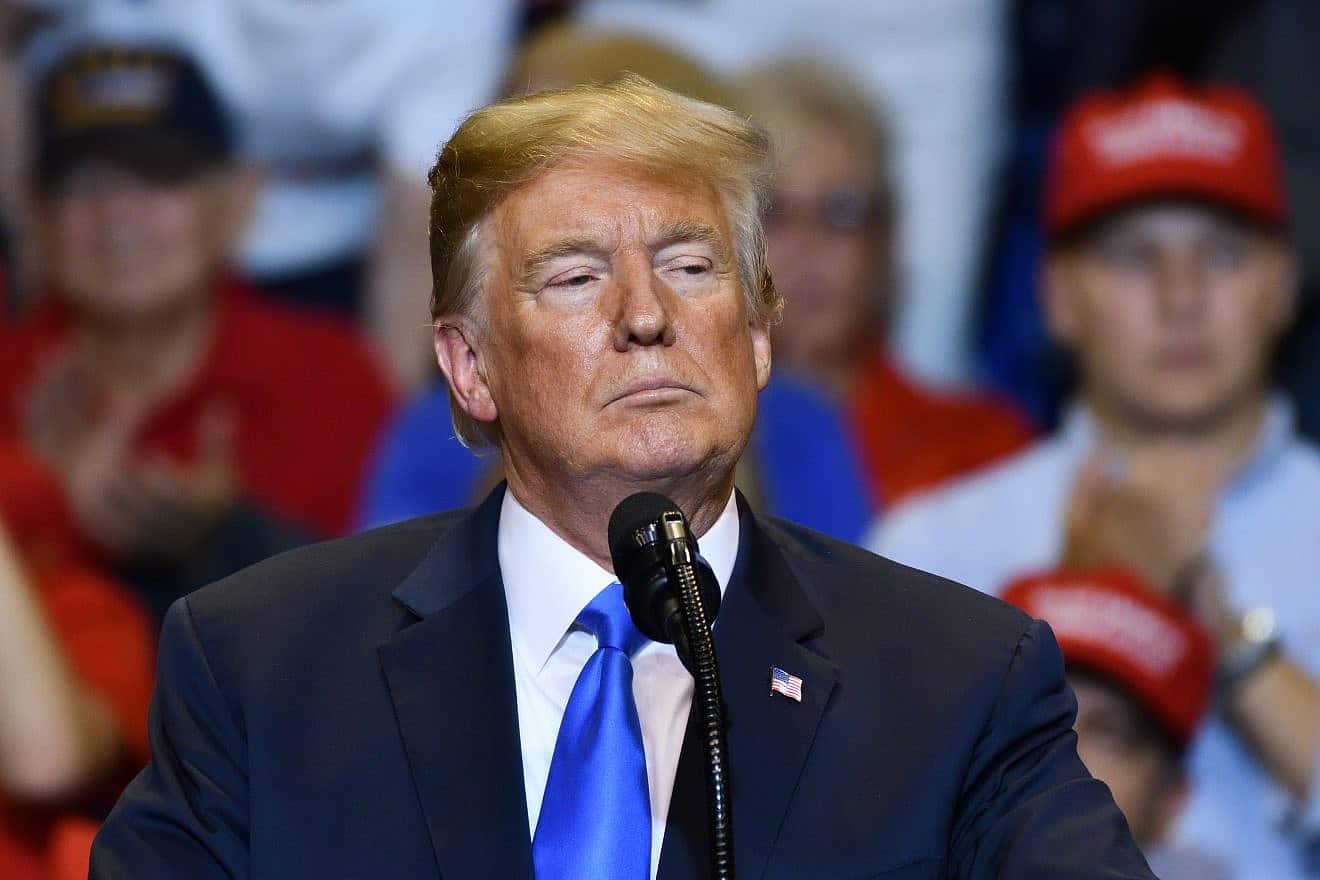U.S. President Joe Biden and former president Donald Trump won their respective New Hampshire primaries on Tuesday, likely teeing up a 2024 rematch of the 2020 election.
With 97% of votes counted at press time, Trump beat Nikki Haley, his former U.S. ambassador to the United Nations and the only serious contender remaining in the Republican race, by a 54%-43% margin.
Speaking alongside her son, daughter and son-in-law after the Associated Press called the race on Tuesday night, Haley said she would continue on.
“New Hampshire is first in the nation. It is not the last,” said Haley, a former South Carolina governor. “This race is far from over. There are dozens of states left to go, and the next one is my sweet state of South Carolina.”
“Our fight is not over because we have a country to save,” she added. “In the next two months, millions of voters, in over 20 states, will have their say.”
Haley beat polling expectations ahead of the vote, which showed her support in the mid-30s, but benefited from the New Hampshire primary system that allows “undeclared” voters to vote in either the Republican or Democratic primary.
Haley beat Trump among those undeclared voters by a 64%-35% margin, per CNN’s exit poll. But Trump dominated among registered Republicans, who made up a larger share of the electorate, by 74%-24%.
Flanked by his son Eric, and former primary rivals Vivek Ramaswamy and Sen. Tim Scott (R-S.C.), Trump hit back at Haley in his victory speech for suggesting that her loss was a good result.
“She’s doing a speech like she won,” Trump said. “She didn’t win. She lost.”
“A little note to Nikki: She’s not gonna win,” he added.
Trump also pointed out that Haley is effectively bypassing the next contest in Nevada, which is running both a non-binding primary and a delegate-granting caucus. Trump is running in the caucus and Haley is running in the primary, guaranteeing Trump Nevada’s 26 delegates.
Trump received a slew of endorsements from GOP officials in the build-up to and following Tuesday night’s victory.
“I have seen enough. To beat Biden, Republicans need to unite around a single candidate, and it’s clear that President Trump is Republican voters’ choice,” wrote Sen. John Cornyn (R-Texas) just five minutes after the polls closed at 8 p.m., and two minutes after AP called the race.
In her home state of South Carolina, which does not allow undeclared voters in the Republican primary, Haley will face an uphill battle. The most recent polling in the state includes candidates who have since dropped out, like Florida Gov. Ron DeSantis; even so, Trump is still above 50% in the Real Clear Politics average.
Despite Biden’s name not officially being on the New Hampshire ballot, the president walked away with the state’s Democratic primary on Tuesday, beating longshot candidates Rep. Dean Phillips (D-Minn.) and former presidential candidate and self-help author Marianne Williamson.
Biden didn’t file in New Hampshire because the state is not in compliance with a Democratic National Committee mandate that South Carolina replace it as the first-in-the-nation primary. National and local Democratic party officials dispute whether it would be legal for them to do so, as New Hampshire’s first-in-the-nation status is enshrined in state law.
While no delegates will be awarded, Biden won some 55% of the vote as a write-in candidate, with Phillips at 19% and Williamson at 4%.
Phillips said that he will not drop out of the race.
Because the New Hampshire Democratic vote was symbolic, one activist group urged voters to write in “Ceasefire” in opposition to Israel’s campaign against Hamas in Gaza.
Despite state law instructing the counting of votes “for a person,” Huffington Post reported Monday that “Ceasefire” votes would be counted separately, according to a spokesperson for the N.H. secretary of state. “Unprocessed write-in” and “other write-in” ballots garnered 17% of the vote, though it remains unclear how many of those might have been for “Ceasefire.”
The next races in each party’s nomination battle will be the South Carolina Democratic primary on Feb. 3 and the Nevada Republican contests on Feb. 8.


























